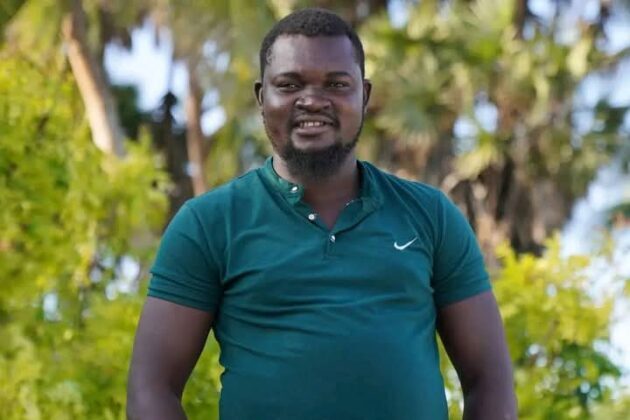
President Ruto writes Ojwang’s obituary in silence
NAIROBI, Kenya June 10 – President William Ruto’s silence on the death of blogger Albert Ojwang in police custody has raised questions about his response to Kenyans dying at the hands of law enforcement officers.
While it may not be President Ruto’s obligation to publicly comment on every Kenyan’s death, the circumstances surrounding Ojwang’s death allegedly at the hands of police officers entrusted with protecting life have made his silence particularly troubling.
For two days after Ojwang’s death on June 8, 2025, President Ruto has maintained a deafening silence, leaving his grieving family and a nation in suspense, with no indication of impending justice or presidential intervention.
While Inspector General Douglas Kanja has since interdicted officers connected to the incident particularly those at Nairobi Central Police Station where Ojwang was held after being transported 300 kilometers from his arrest point in Homa Bay, observers believe President Ruto’s direct intervention in the matter would carry weight.
Deputy Inspector General Eliud Lagat, who complained that Ojwang had disparaged his character by publishing false information and initiated the arrest leading to his death, remains on duty despite being the complainant.
This has raised serious questions about accountability within Kenya’s law enforcement and President Ruto’s commitment to police reform.
In typical democratic systems, such an official would have stepped down to allow for an impartial investigation.
Adding insult to injury, Deputy Inspector General Lagat was present during Monday’s media briefing where Inspector General Kanja vowed a full probe into Ojwang’s death.
Inspector Lagat, who is rumored to have close ties with President Ruto, remained silent during the media briefing, despite being centrally involved in the case that led to Ojwang’s death.
The press conference further lost its credibility when Independent Policing Oversight Authority Chairperson Ahmed Issack Hassan appeared alongside Inspector Lagat, the primary person of interest and lead complainant, raising questions about the integrity of the investigation they are supposed to oversee.
During the media briefing also, Inspector Kanja’s assertion that Ojwang died from self-inflicted injuries sparked outrage among human rights activists and lawyers, who viewed the claim as a blatant cover-up.
The police narrative was sharply contradicted by Tuesday’s official autopsy results, which detailed fatal injuries inconsistent with self-harm.
According to the report conducted by the lead pathologist Dr. Bernard Midia, Ojwang died from head injuries, neck compression, and multiple soft tissue injuries all consistent with physical assault.
Dr. Midia confirmed that the injuries were externally inflicted and dismissed any suggestion of suicide. He also noted that the body showed signs of a struggle prior to death.
“The pattern of the injury, especially on the trauma I found on the head, hitting against a blunt substance like a wall would have a pattern,” he stated.
President Ruto’s inaction following the damning autopsy report stands in stark contrast to mounting calls from opposition leaders and human rights groups demanding swift justice for Albert Ojwang’s death.
Critics argue that the President’s silence sends a troubling message about accountability within the National Police Service, leaving many to wonder if any meaningful action will be taken.
As Ojwang’s family and the Kenyan public await justice, the lingering question remains: Will those responsible be held accountable, or will this become yet another case of police impunity?